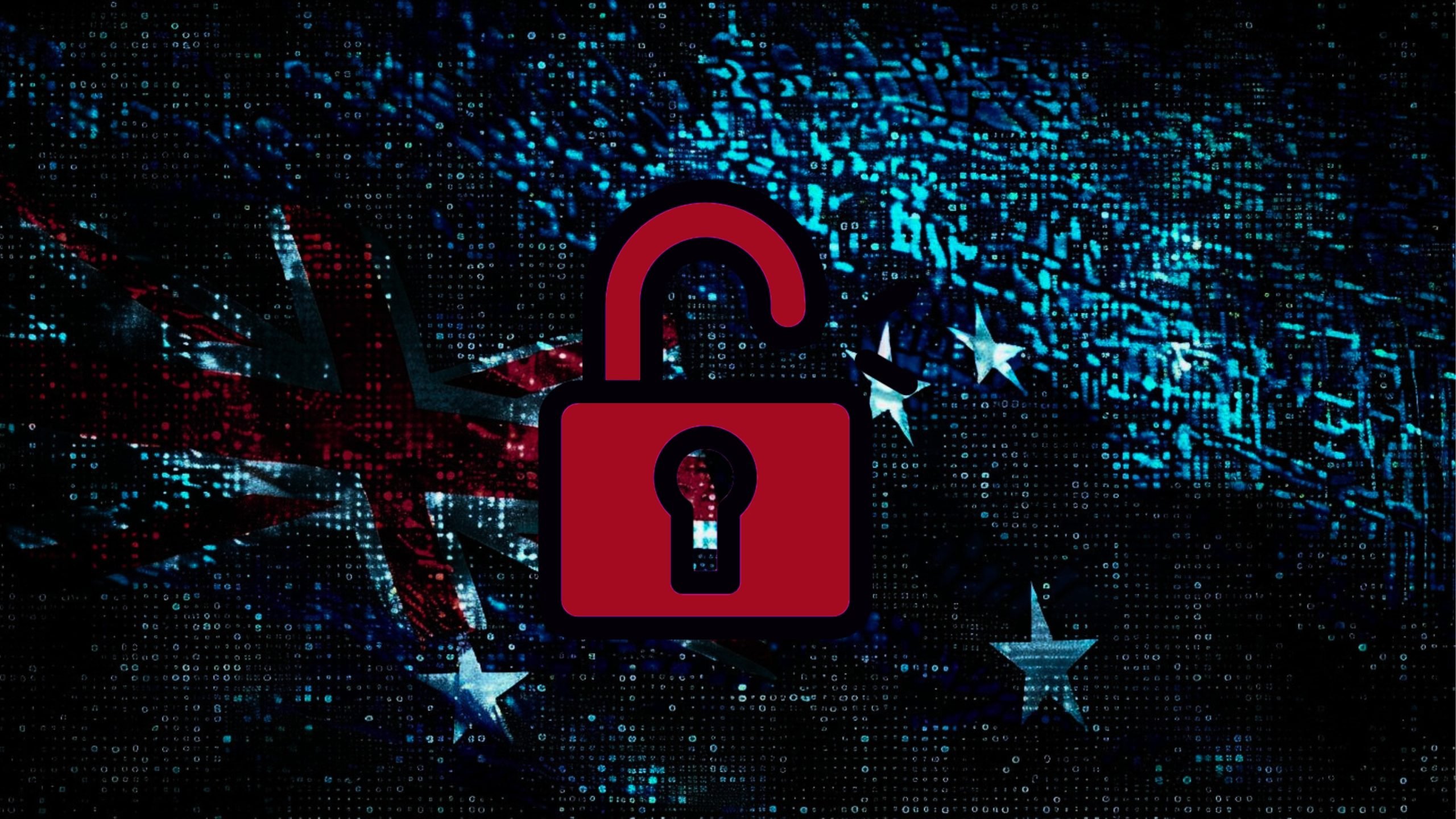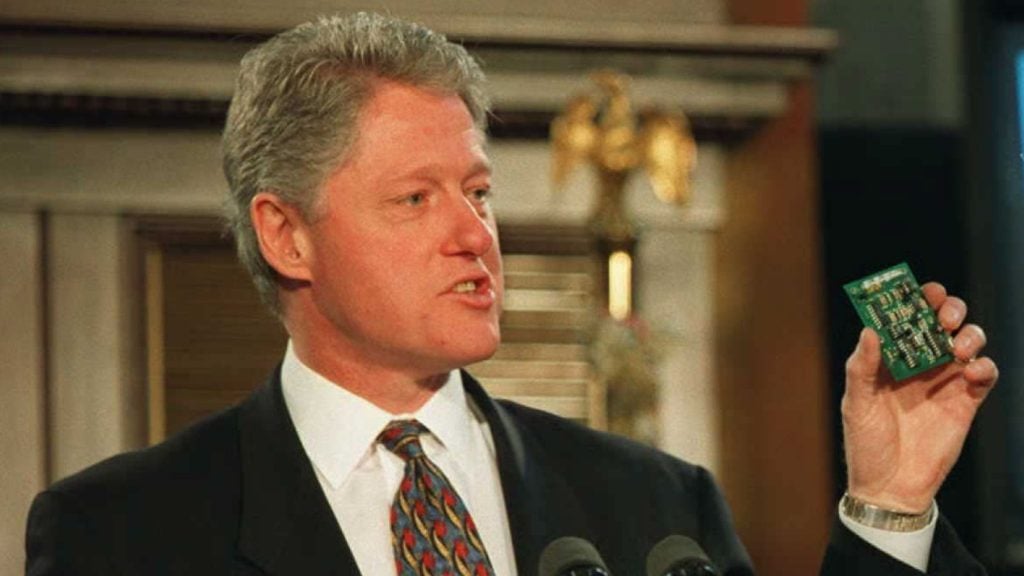Another day, another attack on online encryption: now it’s the turn to (re)launch one by Australia’s spies, the Security Intelligence Organization (ASIO).
ASIO Director-General Mike Burgess is telling Big Tech to get ready for the day when encrypted communications on their platforms will no longer be safe and private for their users.
A government demanding that private companies create conditions for mass government surveillance, you may say? Burgess says, not at all.
(And has the arrest of Telegram founder and CEO Pavel Durov emboldened all manner of state actors in the mass surveillance “theater”? Perish the thought. /s)
But – commenting specifically on why he thinks now is the right time to bring back Australia’s encryption-breaking ambition, Burgess is quoted as saying by Australia’s ABC, “We’re not asking for mass surveillance. We need their cooperation.”
A – somewhat – formidable turn of phrase to signal coercion on the part of the government.
Standing on its own, it’s sort of acceptable, but Burgess wastes no time to reveal the ominous intent, through and through:
“If they (tech companies) don’t cooperate, then there’s a private conversation I need to have with government about what we accept or what I need to do my job more effectively.”
There is nothing new on the “Government Attempts to Break Encryption Front” here – it’s always the claim that law enforcement can only these days do their job with this backbone of the internet’s not only privacy but also security (consider your bank account transactions!) – broken.
Here’s Burgess’ other thoughts that may or may not sit well with Australia’s public and law, such as that those who are considered “a threat to security” (and let’s remind ourselves, these attempts to gain access to communications are about investigative efforts – therefore, targeting people who should be innocent until proven guilty).
With that in mind, somebody perceived as “a threat to security” in Australia, according to Burgess – loses the right to privacy. Just as a suspect!
“I’ve been asking for those companies that build messaging apps (to) respond to the lawful requests. So when I have a warrant you give me access to that communication,” the ASIO director expressed his pattern of thinking – and frustrations.
There have been legislative efforts in that country going back as far as 2018 to force tech platforms to allow access to encrypted communications to law enforcement.
The encryption backdoor creation doesn’t seem to be going so well, though.
And, it would be surprising if, say, Mark Zuckerberg traveled to Australia any time soon. Or made big investments there.










